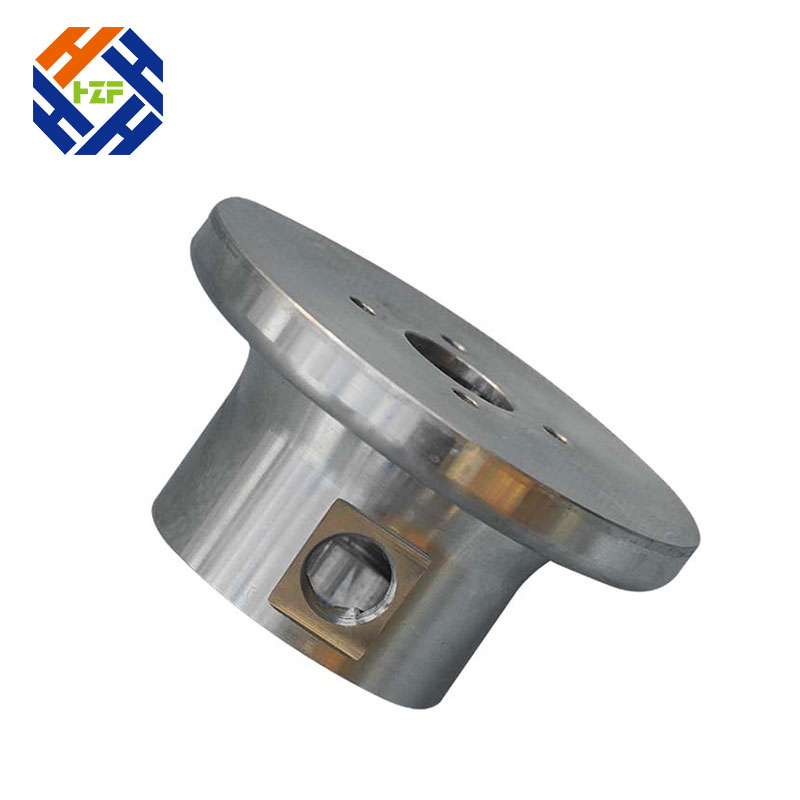Aspect of Aluminum Machining Turning Parts
2024-04-16
Aluminum machining turning parts refer to components made from aluminum that have been manufactured using CNC turning processes. Here's a breakdown of each aspect:
1. Aluminum Material: Aluminum is a lightweight, durable metal widely used in various industries due to its excellent machinability, corrosion resistance, and strength-to-weight ratio. It's often chosen for parts where weight reduction, corrosion resistance, or conductivity are important factors.
2. Machining: Machining refers to the process of shaping a workpiece by removing material from it. CNC machining, particularly CNC turning, is a highly precise and automated method used to manufacture cylindrical parts. In turning, a workpiece is rotated while a cutting tool removes material to create cylindrical shapes, such as shafts, pins, or bushings.
3. Turning Parts: These are the specific components produced through CNC turning. They can vary widely in size, complexity, and application. Examples of aluminum turning parts include shafts, bolts, nuts, connectors, spacers, and other cylindrical or round components.
4. CNC Turning Process: In CNC turning, a lathe machine with computer numerical control (CNC) capabilities is used to rotate the workpiece while cutting tools remove material from it. The cutting tools are controlled by a computer program that dictates the tool movements and cutting parameters with high precision. This process allows for the production of complex geometries and tight tolerances.
5. Advantages of Aluminum Machining Turning Parts:
- Precision: CNC turning offers high precision, allowing for tight tolerances and intricate features.
- Efficiency: It's a highly efficient process, with automated tool changes and minimal manual intervention.
- Versatility: CNC turning can handle a wide range of aluminum alloys, allowing for versatility in material selection.
- Cost-effectiveness: Despite its precision and capabilities, CNC turning can be cost-effective for both small and large production runs.
Overall, aluminum machining turning parts play a crucial role in many industries, including automotive, aerospace, electronics, and manufacturing, where precision components made from lightweight and corrosion-resistant materials are required.



